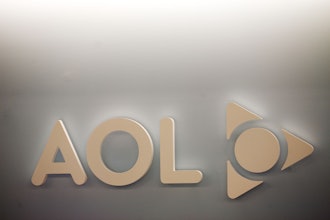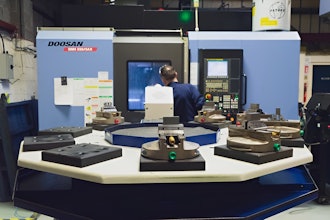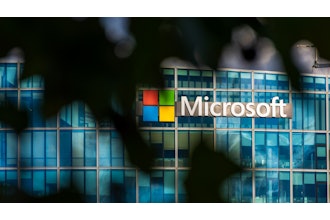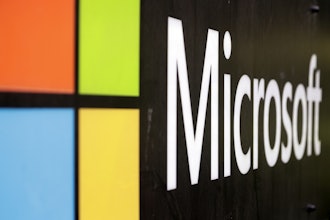Forrest Burnson, a researcher with Software Advice, talks about ERP software trends and offers advice in finding the right solution for your company.
Manufacturing Business Technology: What are the top three trends happening with ERP software right now?
Forrest Burnson: 1) Growth of niche vendors. More and more vendors are popping up targeting specific industry niches with highly customized ERP solutions. This has helped to drive prices down and there are more choices than ever out there, which is great for prospective buyers obviously.
2) Acceptance of the cloud. It's really crazy to look at the adoption rates of cloud based software and infrastructure. More and more large enterprises are making the switch, and the affordability of these cloud based systems means that small to midsize enterprises can find an appropriate system and grow with it.
3) Postmodern ERP. Gartner recently coined this phrase as the next step in the evolution of ERP. Gartner's explanation: "Postmodern ERP is a technology strategy that automates and links administrative and operational business capabilities (such as finance, HR, purchasing, manufacturing and distribution) with appropriate levels of integration that balance the benefits of vendor-delivered integration against business flexibility and agility."
MBT: When companies are looking for an ERP solution, who should be involved in a company's software selection process?
Burnson: Great question. It depends on the type of company, how big it is etc. but in general, you want to involve your department heads, a few members of your IT teams, and any other mission critical employees who will be the "power users" of the software (e.g., accountants, supply chain planners, operations managers, etc.). It's critical to strike a balance between having the right people on the selection committee but obviously you don't want to get paralysis from having to deal with too many butting heads.
MBT: What applications should manufacturers look for in ERP software?
Burnson: Beyond core ERP applications like accounting or CRM, manufacturers might want to have various other applications such as quality management, product lifecycle management, supplier management, distribution, etc. in addition to standard MRP applications like production planning and scheduling. Manufacturers should also look to see what niche solutions are available — they can often have a lot of interesting features that standard packages won't have.
MBT: Does deployment model matter for today's manufacturer? How are they different?
Burnson: It definitely matters, but it does come down to what the organization's top needs are. It's really not a question of one deployment model being better than another one. A midsize manufacturer making dog toys for example will have much different security needs than a large defense manufacturer making fighter planes, so obviously that will play a huge role in what kind of deployment model they opt for. In general larger manufacturers or manufacturers who deal with a lot of trade secrets will want to retain greater control over their data and will probably opt for an on-premise or hybrid deployment.
MBT: What advice would you give a manufacturer looking to find an ERP solution, but don’t know where to begin?
Burnson: I always think it's a good idea for prospective buyers to reach out to their networks and talk to people at similarly sized organizations to see what sort of systems they are using and how well they're working for them. That anecdotal feedback can be very helpful. Beyond that, it's important to know exactly what your needs are and what problems you're trying to solve. Once you identify what those are, do some basic research and come up with a preliminary list of vendors who can meet most of your requirements. From there it's a process of vetting, reading reviews, and to be frank doing your homework.
Forrest Burnson is a Market Research Associate at Software Advice.



















